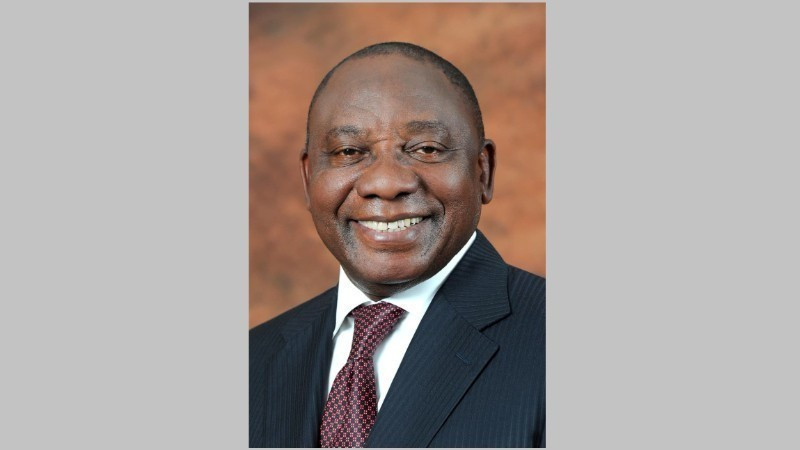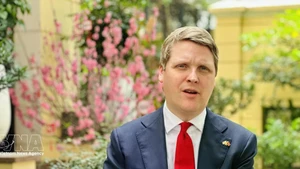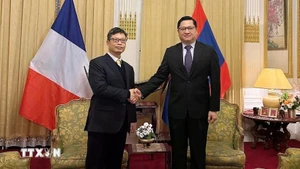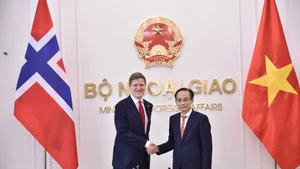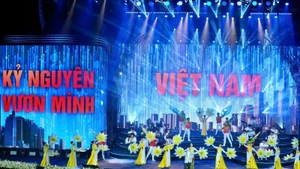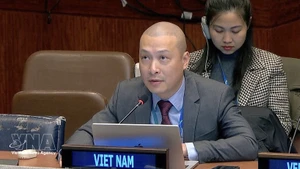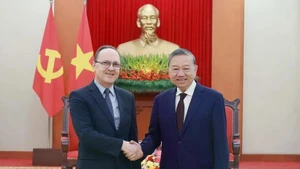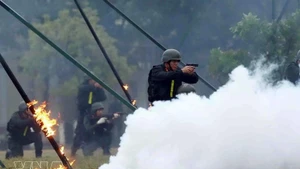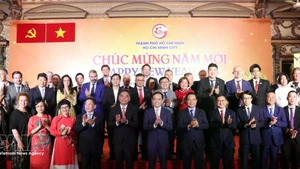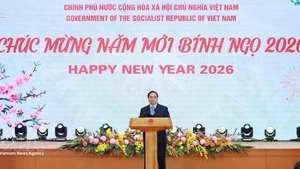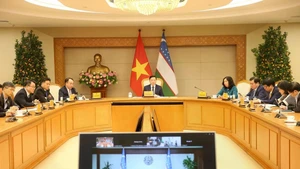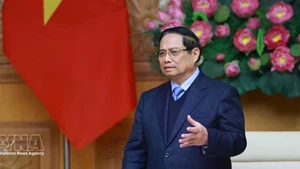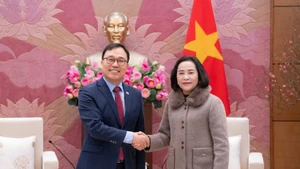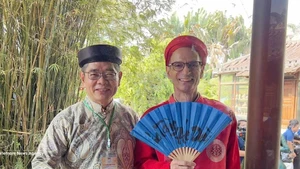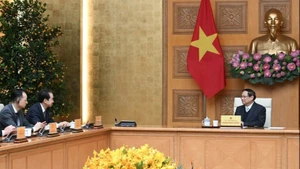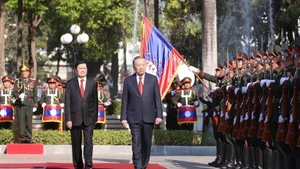Located at the southern tip of Africa, the Republic of South Africa is the continent’s largest economy, with one of its most advanced education, healthcare, and infrastructure systems. Key sectors of its economy include mining, transport, tourism, and agriculture. South Africa produces about 4 million tonnes of chromium per year — accounting for 60% of global trade — and ranks first in gold exports, second in platinum production, and fourth in wine production worldwide.
As an economic powerhouse of the continent, South Africa has consistently played the role of regional representative and advocate at multilateral forums, safeguarding the interests of the Global South. It is among the African nations leading in the promoting the implementation of the African Continental Free Trade Area (AfCFTA), assuming a key leadership role across the continent, particularly within the African Union (AU) and the Southern African Development Community (SADC).
South Africa has been elected as a non-permanent member of the United Nations Security Council, is the only African representative in the G20, and a member of the BRICS group of emerging economies. It chaired the BRICS group in 2023 and will assume the G20 presidency in 2025
Viet Nam and South Africa established diplomatic relations on December 22, 1993, however the two countries have maintained close cooperative ties since the 1960s. The Communist Party of Viet Nam and African National Congress (ANC) fostered a relationship of solidarity, friendship, and mutual support in their struggles against colonialism and for national independence. Viet Nam has consistently supported the South African people in their fight against the apartheid regime and in their pursuit of democratic reform.
As Viet Nam’s first and only partner for Cooperation and Development in Africa up to August 2025, South Africa has remained Viet Nam’s largest trade partner and export market on the continent. Bilateral trade turnover reached nearly 1.8 billion USD in 2024. Beyond traditional areas of cooperation, both countries are seeking to tap new potential in mining, engineering, metallurgy, steel, renewable energy, textiles, footwear, fertilisers, processed foods, and supporting industries.
At multilateral forums and international organisations, Viet Nam and South Africa maintain close coordination and mutual support. South Africa backed Viet Nam’s election as a non-permanent member of the UN Security Council (2020–2021 term), to the UN Human Rights Council (2023–2025 term), and to the World Heritage Committee (2023–2027 term).
The two nations have signed numerous cooperation agreements in economics, trade, biodiversity management, education, and crime prevention, while also promoting stronger partnerships between their localities.
President Cyril Ramaphosa’s state visit to Viet Nam underscores Viet Nam’s determination in the implementation of consistent foreign policy of independence, self-reliance, diversification, and multilateralisation, along with its proactive and active approach to comprehensive and effective international integration.
The visit aims to advance the partnership for cooperation and development with South Africa, reaffirming Viet Nam’s consistent regard for its traditional friendship and comprehensive cooperation with the country. It seeks to further strengthen political trust and promote bilateral collaboration in areas essential to national development in the new context.
This occasion also provides an opportunity for Viet Nam and South Africa to deepen cooperation in traditional fields such as politics and diplomacy, economics, trade and investment, and defence and security, while expanding cooperation in other areas of mutual interest, towards peace, stability, and development in both regions and across the world.
